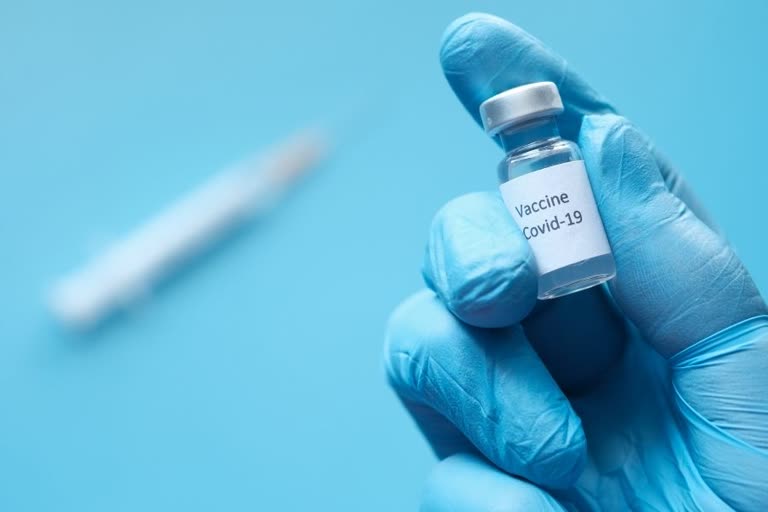The research, published in the journal Cell, also shows that fully vaccinated people have fewer memory B cells and neutralising antibodies against the Omicron variant. Both T and B cells play an important role in the immune response against an infection. Scientists at La Jolla Institute for Immunology (LJI) in the US tested four COVID-19 vaccines -- Pfizer-BioNTech, Moderna, J&J/Janssen, and Novavax.
"The vast majority of T cell responses are still effective against Omicron," said study co-leader Alessandro Sette, a professor at LJI. "These cells won't stop you from getting infected, but in many cases they are likely to keep you from getting very ill," said co-author Shane Crotty, a professor at LJI. This is true in all the types of vaccines studied, and up to six months after vaccination, said LJI instructor Alba Grifoni, who co-led the work.
These data come from adults who were fully vaccinated, but not yet boosted. Without enough neutralising antibodies, Omicronis more likely to cause a breakthrough infection, the researchers said. Fewer memory B cells means the body will then be slower to churn out additional neutralising antibodies to fight the virus, they said.
"Most of the neutralising antibodies, i.e., the antibodies that work well against SARS-CoV-2, bind to a region called the receptor binding domain, or RBD," said LJI instructor Camila Coelho, another co-first author of the study. "Our study revealed that the 15 mutations present in Omicron RBD can considerably reduce the binding capacity of memory B cells, compared to other SARS-CoV-2 variants such as Alpha, Beta and Delta," Coelho said.
The good news, the researchers said, is that neutralising antibodies and memory B cells are just two arms of the body's adaptive immune response. In a person exposed to SARS-CoV-2, T cells do not prevent infection, they said. However, T cells patrol the body and destroy cells that are already infected, which prevents a virus from multiplying and causing severe disease, the researchers said.
